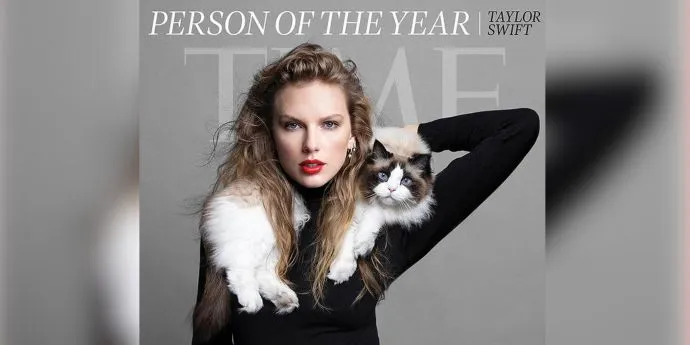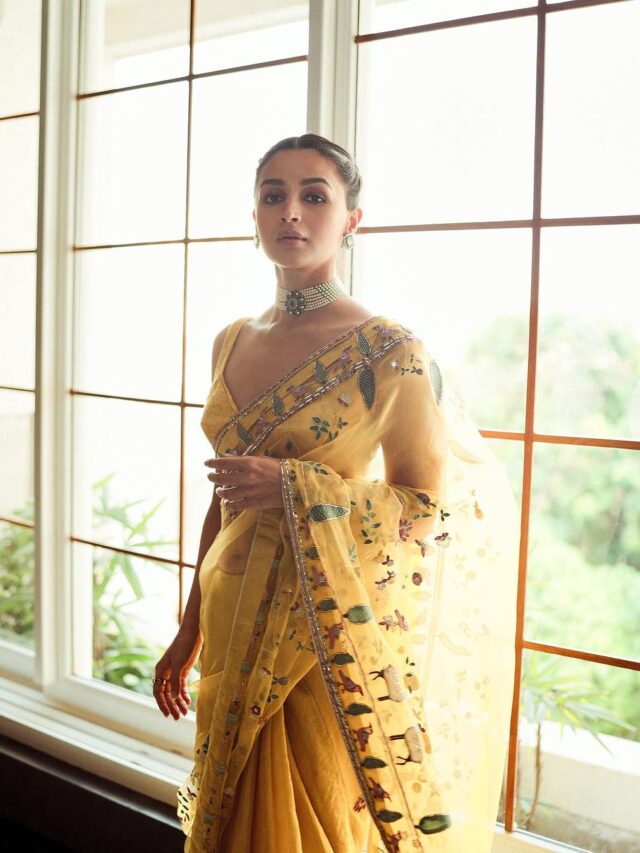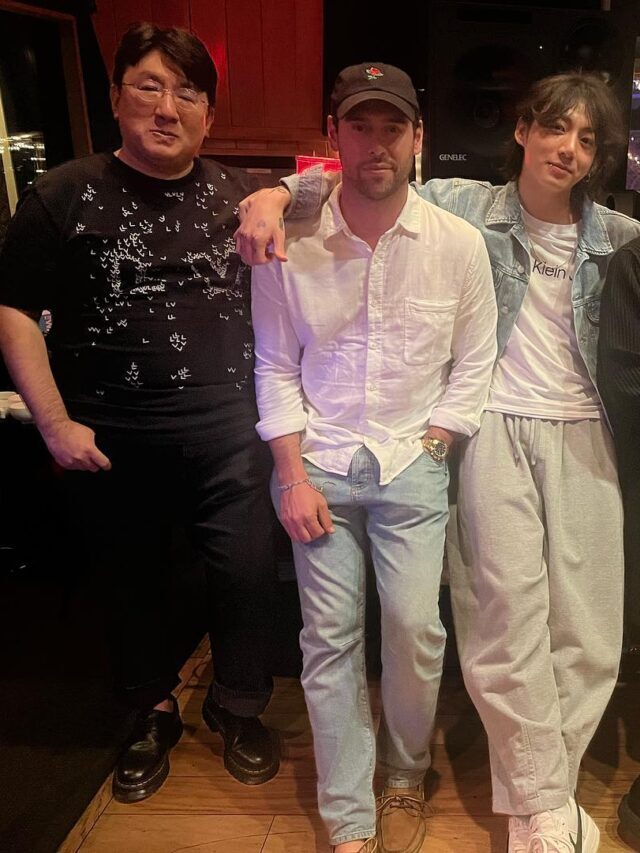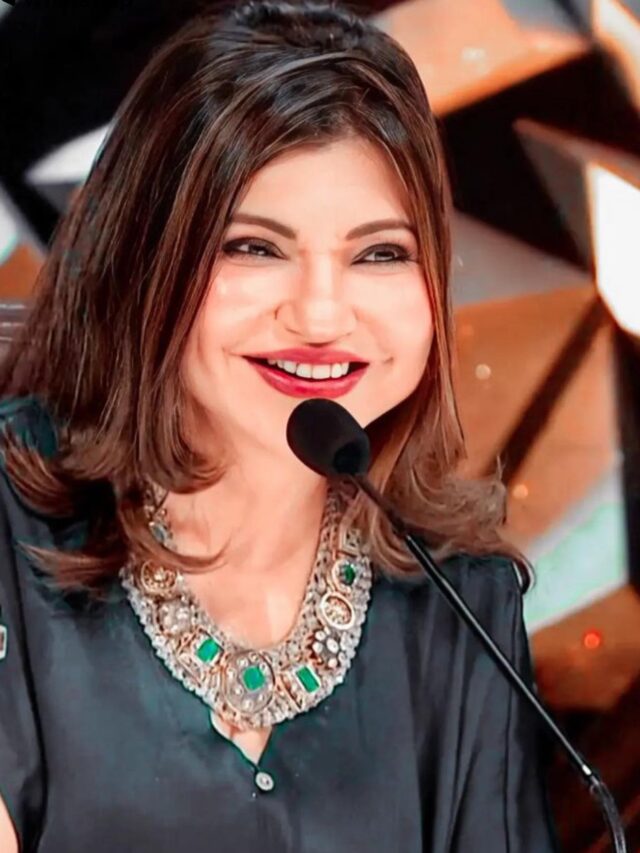Pop icon Taylor Swift, named Time magazine’s Person of the Year, recently opened up in a comprehensive interview about the emotional toll of her feud with Kim Kardashian and Kanye West. The singer also took the opportunity to criticize the music industry’s treatment of young artists.

Swift, who spent the past year in the spotlight with her highly successful Eras tour, expressed her disapproval of the music industry’s tendency to replace rather than nurture its stars.
She highlighted the industry’s short-term approach, stating,
“By the time an artist is mature enough to psychologically deal with the job, they throw you out at 29, typically.”
Swift shared her strategy of continuously evolving her style with each new album to stay ahead of the industry’s constant search for the next big thing.
The artist singled out her former label, Big Machine, for keeping her on a tight artistic leash during the release of her first six albums.
Swift explained, “Every creative choice I wanted to make was second-guessed. I was really overthinking these albums.”
The fallout with Big Machine escalated when ownership of Swift’s albums was transferred to music manager Scooter Braun, with whom she had clashed. Swift voiced her concerns, alleging that her masters were being sold to someone with nefarious intentions. Braun, in response, claimed that “a lot of things got lost in translation” in the deal.
The singer’s animosity towards Braun originated from his management of Kanye West, particularly during the release of the song “Famous,” which sparked a public feud. Swift opposed the lyrics, leading to a leaked phone call recording between West and Swift. While the feud damaged Swift’s reputation, she asserted in her Time interview that it took a severe toll on her mental well-being.
Taylor Swift also discussed her pride in her album “Reputation,” describing it as a “goth-punk moment of female rage.” The interview touched on her personal life, ongoing projects, and comparisons between her tours and Beyoncé’s.
Swift addressed the media’s tendency to pit female artists against each other, expressing optimism about the current popularity of female pop stars dominating the 2024 Grammy nominations.
She noted, “If we’re going to look at this in the most cynical way possible, feminine ideas becoming lucrative means that more female art will get made. It’s extremely heartening.”









